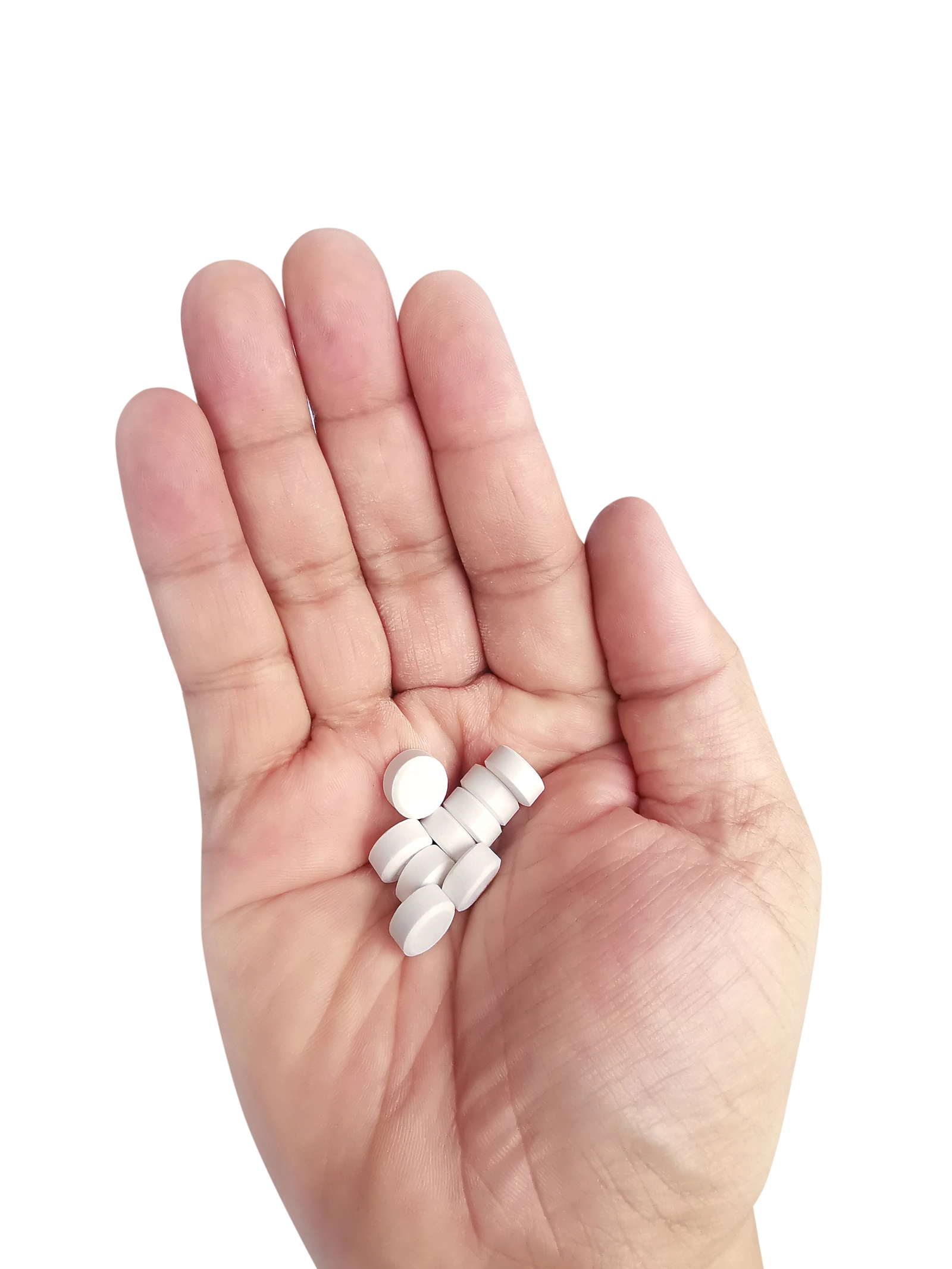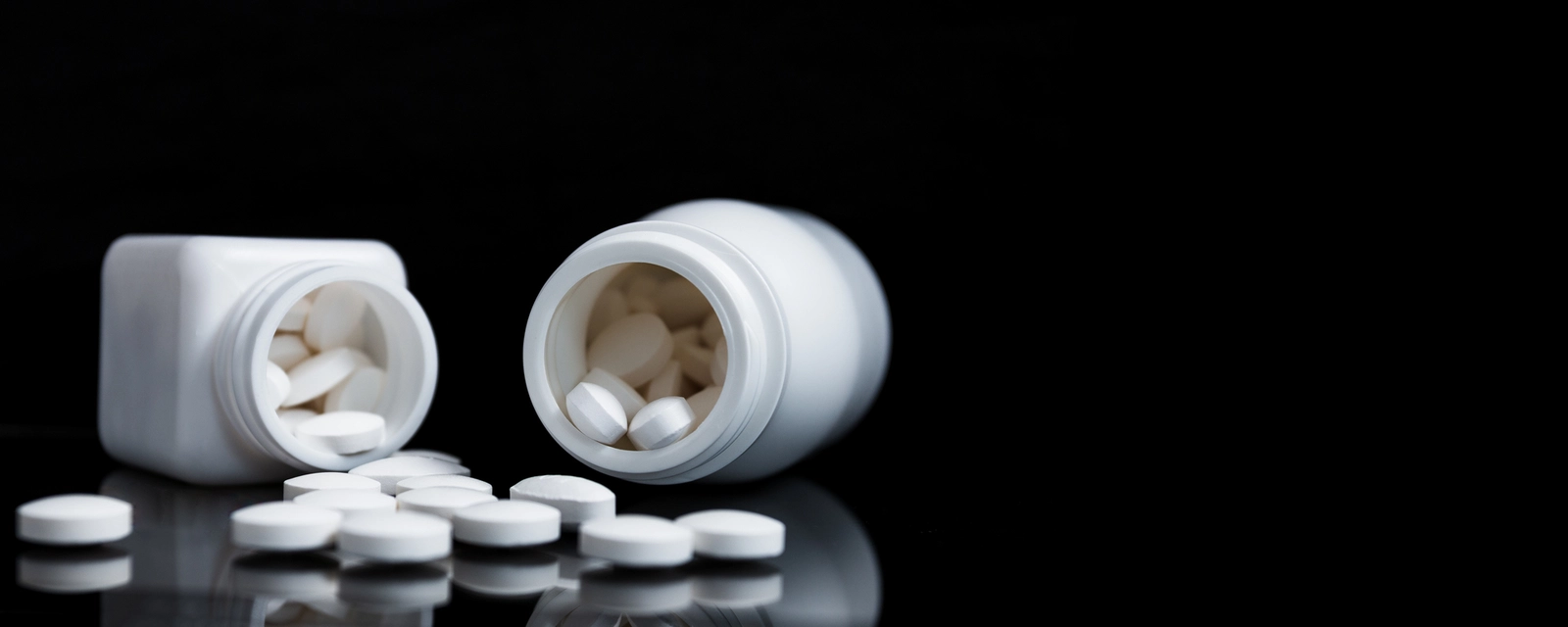Table of Contents
Key Points
- Baclofen is a muscle relaxant medication that’s used to treat muscle spasms from conditions like multiple sclerosis and spinal cord injuries.
- Baclofen’s calming effect has made it a possible treatment option for substance use disorders and withdrawal.
- Though baclofen is not a controlled substance nor an addictive drug, there is some potential for misuse or abuse.
Baclofen is a muscle relaxer that’s used to treat muscle spasms from conditions like multiple sclerosis or spinal cord injuries. In the past decade, baclofen has been used off-label in the treatment of drug and alcohol use disorder to lessen the symptoms of withdrawal.
What Is Baclofen and Is It a Controlled Substance?
While baclofen is not classified as a controlled substance under the Controlled Substances Act or an addictive drug, it can cause physical dependence with prolonged use.
Baclofen is the generic version of a muscle relaxer that’s used to treat muscle spasticity, which is common with conditions like cerebral palsy, multiple sclerosis, and spinal cord injuries. Though experts don’t fully understand how the drug works, the chemical structure is believed to be similar to gamma-aminobutyric acid (GABA). This neurotransmitter blocks or slows nerve signals to produce a calming effect.[1] When someone takes baclofen, it relaxes the muscles to relieve cramping and tightness. It can also stop muscle spasms.
Side Effects of Baclofen
Baclofen has some common side effects that often improve as your body gets used to the drug. These side effects include:[2]
- Sleepiness
- Dizziness
- Weakness
- Nausea
- Confusion
- Headache
- Low energy
- Constipation
- Frequent urination
- Trouble sleeping
- Metallic taste
However, serious side effects, such as extreme drowsiness, can affect your quality of life or put you at risk for injuries.[3] It’s important to avoid any activities that require alertness until you know how this medication affects you.
Risks of Baclofen
Baclofen can cause dangerous side effects, such as difficulty breathing or seizures.[4] These are medical emergencies that require prompt attention.
Some people are more likely to experience serious side effects, such as the elderly, people with low kidney function, and people with conditions like peptic ulcers, galactose intolerance, or porphyria.[5] If you have seizure disorders, psychiatric disorders, liver disease, or diabetes or are receiving antihypertensive therapy, baclofen may cause adverse effects.
Baclofen can interact with other substances, including alcohol, tricyclic antidepressants, anesthetics, antihypertensives, dopaminergics, memantine, lithium, and nonsteroidal anti-inflammatory drugs (NSAIDs).[6] Baclofen should be avoided during pregnancy because the drug crosses the placental barrier.
How Is Baclofen Used in Addiction Treatment?

Addiction is an extremely difficult disease to overcome. Continued research into addiction medicine has demonstrated that a combination of therapies and medications can be effective as part of a comprehensive addiction treatment plan. Several medications are in use for addiction treatment, including methadone, buprenorphine, and naltrexone, but medications like baclofen can be used off-label as well.
Baclofen can help with alcohol and drug addiction treatment by altering the chemical processes that contribute to substance abuse. Because the drug mimics GABA and has a calming effect, it increases dopamine levels and may reduce cravings for an addictive substance.
However, limited research exists on baclofen’s effectiveness. Some studies have shown success in treating alcohol withdrawal syndrome.[7] The FDA has not yet approved it because it lacks sufficient data demonstrating its efficacy, so it’s limited to off-label use.
Is Baclofen Addictive?
Baclofen is not considered a drug of abuse, but this drug can be misused or abused. With its calming effects, some people may abuse baclofen to relax and gain a high. It may also be abused recreationally by combining it with other drugs to amplify the effects. Mixing baclofen with other drugs that affect the central nervous system, such as opioids, sleep aids, muscle relaxers, or alcohol, can have dangerous and unpredictable results.
At high doses, baclofen can cause overdose – either on its own or in combination with other drugs. The symptoms of a baclofen overdose include drowsiness, dizziness, trouble focusing on objects, shallow breathing, seizure, or muscle weakness, leading to a loss of consciousness.[8]
Physical Dependence with Baclofen
Though baclofen isn’t seen as an addictive or habit-forming drug, it can cause physical dependence with prolonged use. This isn’t the same as an addiction, which involves a compulsive need to continue using a drug despite its negative effects.
If you are dependent on baclofen and stop taking it suddenly, you may experience serious withdrawal symptoms like tremors, muscle stiffness, or seizures.[9] It’s important to talk to your doctor for recommendations for a taper schedule, which gradually weans you off the drug to reduce side effects. Never stop taking baclofen or reduce your dose without talking to your doctor.
Options for Addiction Treatment
Baclofen has emerged as a helpful drug for treating certain substance use disorders, including opioid use disorders and alcohol use disorders, by influencing dopamine activity, alleviating withdrawal symptoms, and curbing cravings to help people focus on their recovery. However, baclofen is not without some abuse potential and risks, so it’s important to talk to your doctor about what medications may work best for you in addiction treatment.




